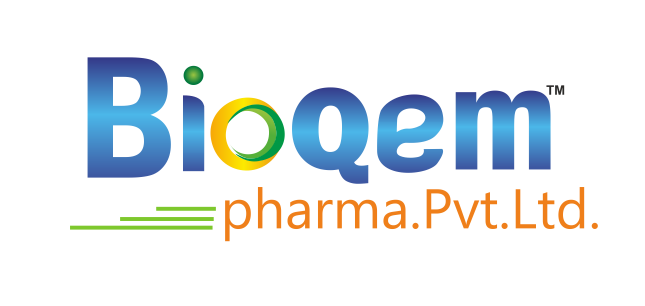Current Trends in Pharma Marketing
In the ever-evolving landscape of pharmaceutical marketing, the adoption of digital marketing strategies has become indispensable. The shift towards digital channels has allowed pharmaceutical companies to connect with audiences in more personalized and efficient ways. One of the key trends is the increased use of social media engagement. Platforms like Twitter, LinkedIn, and Facebook are now crucial for marketing campaigns, enabling companies to reach diverse demographics and foster interactive communication with patients and healthcare professionals alike.
Artificial Intelligence (AI) and data analytics are revolutionizing how marketing efforts are tailored. By leveraging vast amounts of data, pharmaceutical companies can gain insights into patient behaviors and preferences, optimizing their strategies to deliver relevant and timely information. For instance, AI-driven tools can predict which treatment options are most likely to appeal to specific patient groups, thereby enhancing the precision of marketing campaigns.
Another significant trend is the migration towards patient-centric approaches. Rather than solely promoting products, pharmaceutical marketers are increasingly focusing on educating and empowering patients about their health choices. This patient-centric model aims to foster better patient engagement and adherence to treatments. An example of this trend is the rise of personalized medicine marketing, which tailors healthcare solutions to individual patient profiles, making treatments more effective and patient-friendly.
Innovations in technology are also shaping the future of pharma marketing. Virtual reality (VR) is being utilized for medical training and patient education, providing immersive experiences that can enhance understanding and retention of complex medical information. Additionally, the expansion of mobile health applications offers new avenues for patient interaction and support, from medication management reminders to real-time health monitoring.
Successful campaigns reflecting these trends include initiatives like Pfizer’s “Get Old” campaign, which leverages social media to engage older adults in discussions about aging and healthcare. Similarly, Merck’s use of data analytics to segment audiences and deliver targeted messages about their HPV vaccine has demonstrated the efficacy of personalized marketing techniques.
Overall, these current trends indicate a dynamic shift towards more integrated, engaging, and patient-focused pharmaceutical marketing strategies.
Effective Strategies for Future Pharma Marketing
As the pharmaceutical landscape continues to evolve, companies must adapt their marketing strategies to stay competitive. One of the most critical approaches is the integration of multi-channel marketing. By utilizing various platforms such as social media, email campaigns, and mobile apps, pharmaceutical firms can significantly enhance outreach and patient engagement. This approach ensures that the message is consistently delivered across multiple touchpoints, thereby increasing the likelihood of patient interaction and retention. The seamless integration of these channels can also facilitate real-time feedback, enabling companies to tailor their marketing efforts more effectively.
Building strategic partnerships is another essential strategy for future pharma marketing. Collaborating with healthcare providers, patient advocacy groups, and tech companies can optimize marketing initiatives. These partnerships allow for the sharing of valuable insights and resources, providing a more holistic approach to patient care and education. For instance, alliances with healthcare providers can improve the credibility and dissemination of information about new drugs and treatments, while tech companies can offer advanced tools for data analysis and patient tracking.
Compliance and ethical marketing practices play significant roles in building trust and transparency within the industry. Adhering to regulatory standards and promoting truthful advertising not only protects companies from legal repercussions but also fosters a trustworthy relationship with consumers. Ethical marketing involves providing accurate and comprehensive information about medications, including potential side effects and contraindications, which is crucial for informed patient decisions. Transparency in marketing practices can significantly enhance a company’s reputation and consumer trust.
Emerging technologies offer innovative ways to revolutionize pharma marketing. Blockchain can be leveraged to ensure secure and transparent drug supply chains, thereby reducing the risks of counterfeit medications and enhancing patient safety. Likewise, augmented reality (AR) can be employed for interactive product demonstrations, allowing healthcare providers and patients to understand the benefits and applications of new treatments better. These technologies not only streamline operations but also provide immersive experiences that can enhance patient education and engagement.
